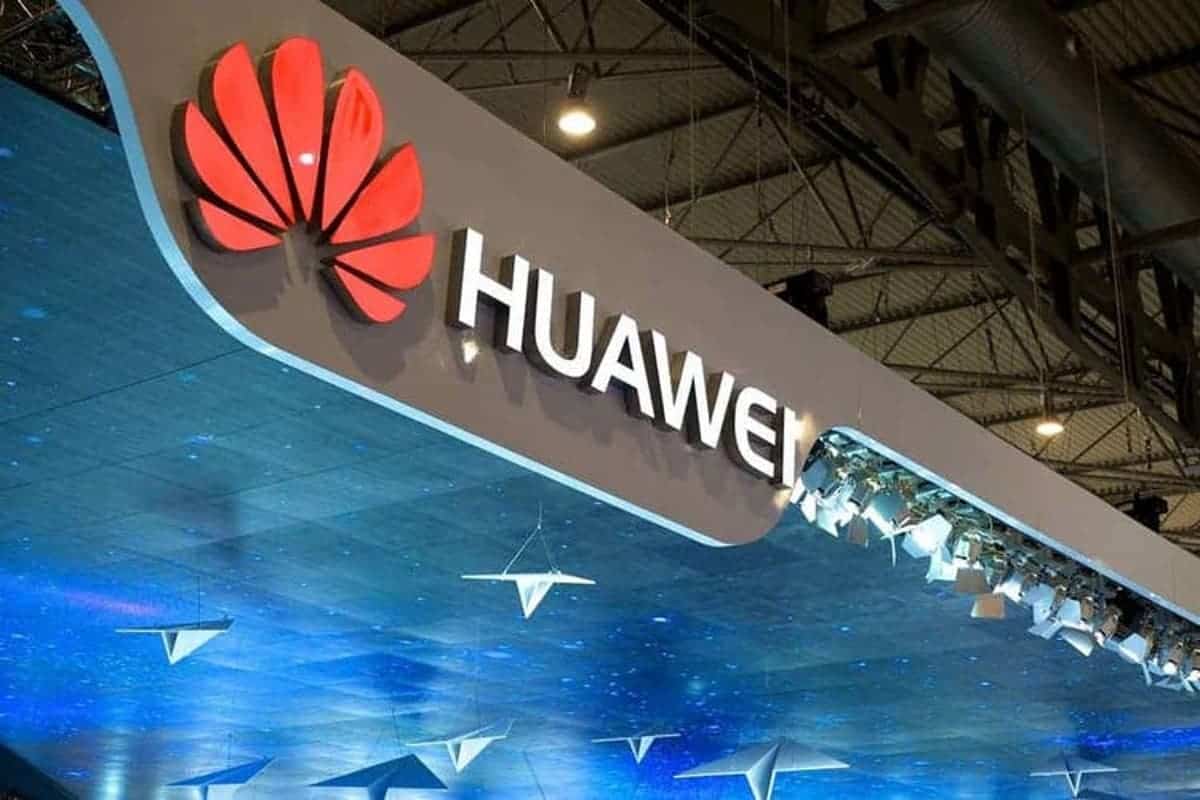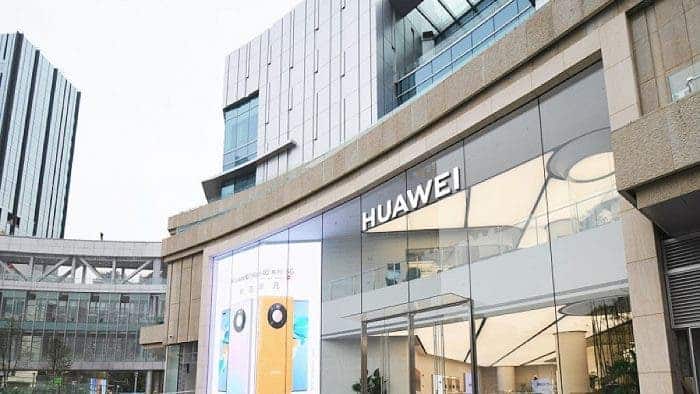Huawei has been at loggerheads with the U.S. for over two years. The Chinese manufacturer is currently facing a very stringent ban from the U.S. The latest ban is threatening its smartphone business globally. However, Huawei is still holding on to its own and it is expanding within and outside China. Since Huawei makes a plethora of products, it has a whole lot of products that the U.S. ban does not affect. According to a recent report, Huawei is getting set to unveil its largest flagship store outside China.

The report from GizmoAlpha claims that Huawei will open this store in Saudi Arabia. An official statement from the Saudi government shows that the flagship store will be in Riyadh. According to the report, Huawei has signed a lease contract for the store with Saudi Arabia’s Kaden Investment Company. With the growing demand for digital products and services in Saudi Arabia, Huawei can directly contact consumers.
Unfortunately, the report did not state when Huawei will commence construction or complete the store. There is also no information on the timeline or opening date for this store. According to the statement of the Ministry of Investment of Saudi Arabia, Saudi Arabia expects that by 2022, Saudi Arabia’s Internet usage will reach 82.6% of the population from 73.2% in 2017.
Huawei is accepted in Saudi Arabia
It is interesting to see that Saudi Arabia is retaining its ties with Huawei. Obviously, the Middle Eastern country completely ignores the ban by the U.S. According to Saudi Data and Artificial Intelligence Administration, there is also an agreement with Huawei to use AI in recognizing Arabic language and characters. The Chinese manufacturer will do this research and collaboration in conjunction with Saudi researchers.
Huawei phones have not been using Google Mobile Services for about two years. This has greatly affected the company’s performance in the global smartphone market. However, its sales in China seems to be stable. In order to make Huawei’s smartphone business suffer more, the U.S tightened the ban by including non-American companies that use American technology. Huawei is now helpless because it will no longer have chips. Its Kirin chip lineup can not continue because it relies on TSMC and TSMC uses a lot of American technology.
However, with the U.S. president-elect set to take office in four days, the company should have a better negotiation platform. It is important to note that Biden is not a fan of Huawei just like Trump. Nevertheless, we expect the Biden administration to be more civil and political with the negotiations. If this is the case, then there will be a way out for Huawei soon.





